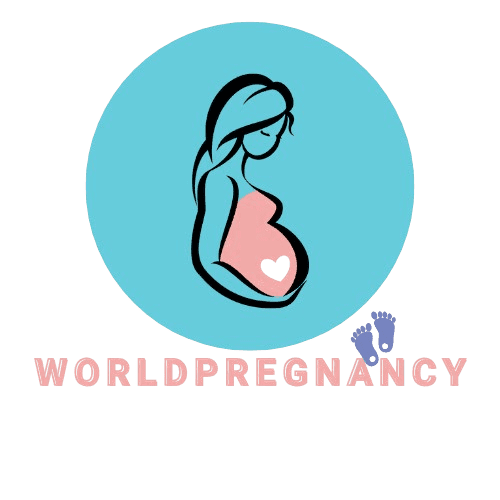The first pregnancy is an exciting yet overwhelming journey filled with many physical and emotional changes. Whether you are newly pregnant or planning for a baby, understanding the first trimester can help you prepare for this incredible experience. This guide will walk you through pregnancy symptoms, body changes, emotional shifts, and tips for coping during the first three months.

Understanding the First Trimester
The first trimester of pregnancy starts from the first day of your last period and lasts until the end of week 12. This period is crucial as your baby undergoes significant development, and your body adapts to support new life. Many women experience noticeable physical and emotional changes due to hormonal shifts.
Physical Changes in First Pregnancy
1. Breast Changes
- Your breasts may swell, feel tender, and appear veiny as they prepare for breastfeeding.
- The mammary glands enlarge, leading to soreness and sensitivity.
- Wearing a supportive bra can help alleviate discomfort.
2. Uterus Growth
- The uterus grows and starts pressing against the bladder and intestines.
- This can cause frequent urination, bloating, and slight cramping.
- Staying hydrated and eating fiber-rich foods can help with digestion.
3. Morning Sickness
- One of the most common pregnancy symptoms is nausea and vomiting, often referred to as morning sickness.
- It can occur at any time of the day or night.
- To manage this, try eating small, bland meals every 1 to 2 hours and sipping cold, clear fluids.
4. Fatigue
- Many women experience extreme tiredness due to the body’s increased effort to support the baby.
- Resting, eating a balanced diet, and staying hydrated can reduce exhaustion.
5. Constipation and Bloating
- The growing uterus presses on the intestines, leading to constipation and gas.
Drinking plenty of water and choosing foods that are low in fat can aid digestion.
6. Other Common Symptoms
- Weight gain or loss: Some women gain weight, while others experience mild weight loss due to nausea.
- Headaches and dizziness: Hormonal changes and low blood sugar can cause lightheadedness.
- Heartburn: Due to stomach acids moving up the esophagus.
- Leg cramps: Caused by changes in circulation and increased body weight.
- Lower back and pelvic pain: As your body adjusts to pregnancy.
- Clear or white vaginal discharge: Normal as the cervix produces more mucus to prevent infections.
Emotional Changes During the First Pregnancy
1. Mood Swings
- Hormonal changes can cause mood swings similar to premenstrual syndrome.
- Anxiety, excitement, and occasional moodiness are all common.
- Practicing relaxation techniques like yoga and meditation can help stabilize emotions.
2. Cravings and Aversions
- Many women develop cravings for certain foods and aversions to others.
- It’s important to eat a balanced diet while indulging in cravings in moderation.
- Avoid foods that trigger nausea or discomfort.
3. Anxiety and Excitement
- The realization of impending motherhood can bring a mix of excitement and nervousness.
- Educating yourself about pregnancy and seeking support from loved ones can help ease anxiety.
Tips for Coping with First Trimester Symptoms
1. Managing Nausea and Vomiting
- Eat small, bland meals frequently to avoid an empty stomach.
- Avoid strong odors and foods that make you feel sick.
- Sip plenty of cold, clear fluids to stay hydrated.
2. Getting Comfortable While Sleeping
- Use a supportive mattress and sleep on your side to improve comfort.
- A pregnancy pillow can provide additional support.
3. Choosing the Right Footwear
- Wearing low-heeled or athletic shoes helps maintain balance and reduces foot strain.
- Avoid high heels as they can cause discomfort and increase the risk of falls.
4. Practicing Good Posture
- Sit up straight and avoid slouching to reduce back pain.
- A supportive chair with good lumbar support can help.
5. Staying Hydrated and Eating Right
- Drink at least 8-10 glasses of water daily.
- Incorporate fiber-rich foods like fruits and vegetables to prevent constipation.
6. Seeking Medical Guidance
- Schedule regular prenatal checkups to monitor the baby’s development.
Consult a doctor if you experience severe symptoms like extreme pain, heavy bleeding, or persistent vomiting.
Conclusion
The first pregnancy is a transformative journey that brings physical, emotional, and lifestyle adjustments. The first trimester is particularly crucial, as your body undergoes significant changes to support your growing baby. Understanding these changes and adopting healthy habits can make this journey smoother. Always consult your doctor for personalized medical advice, and embrace this special time with excitement and care.
